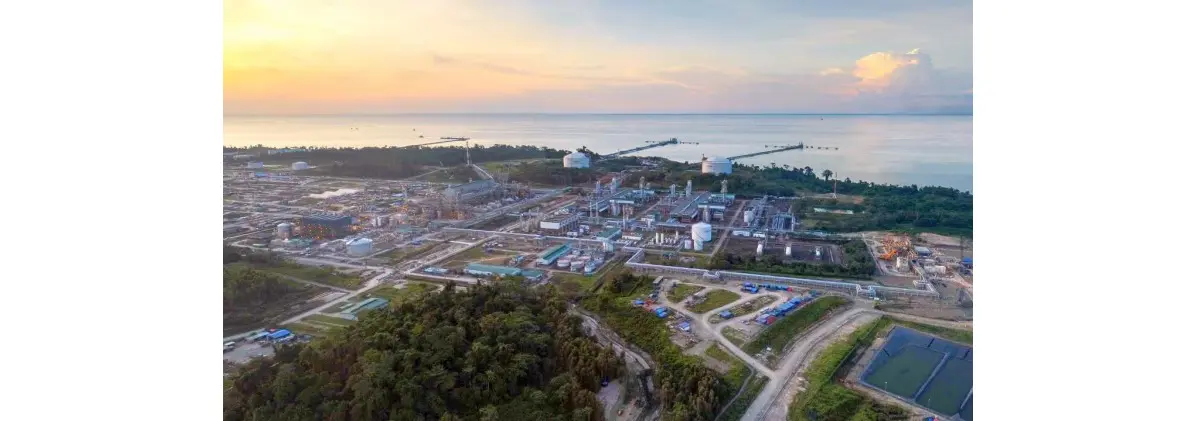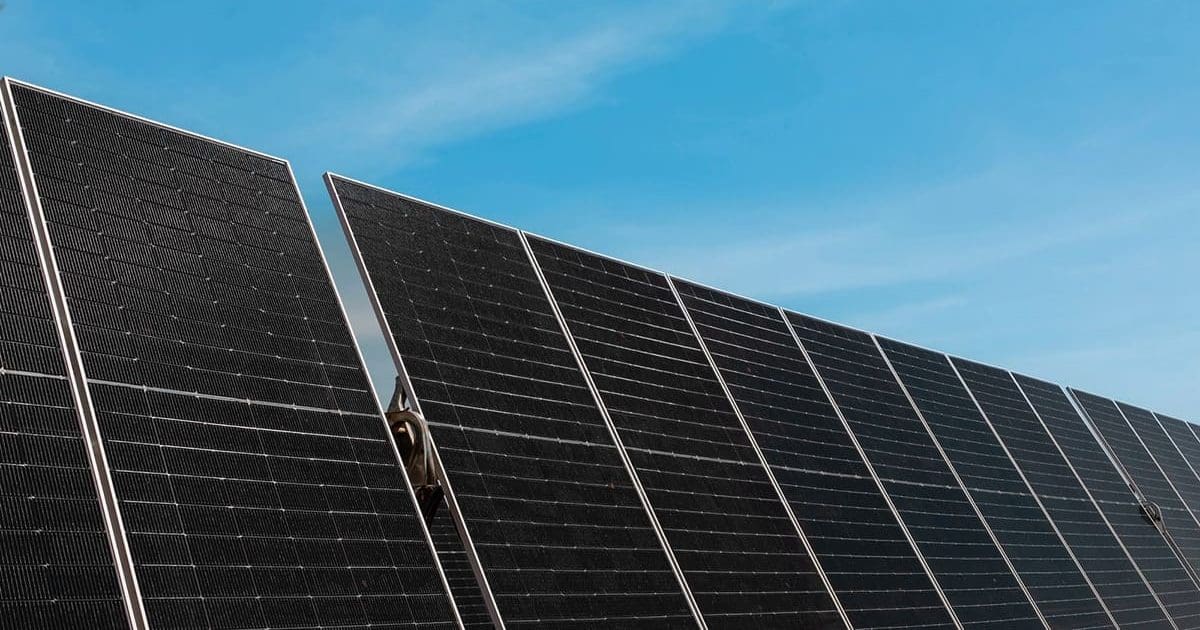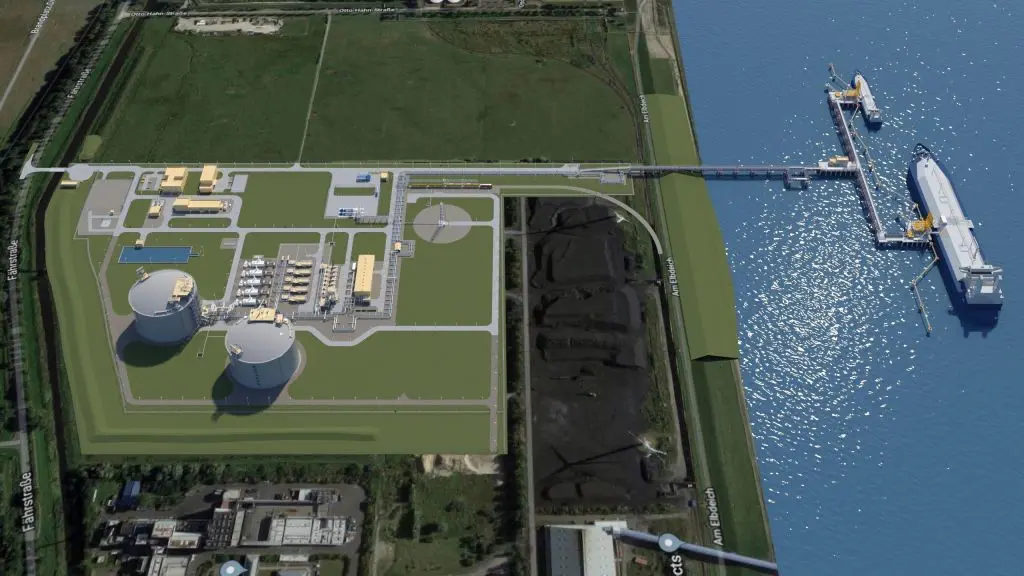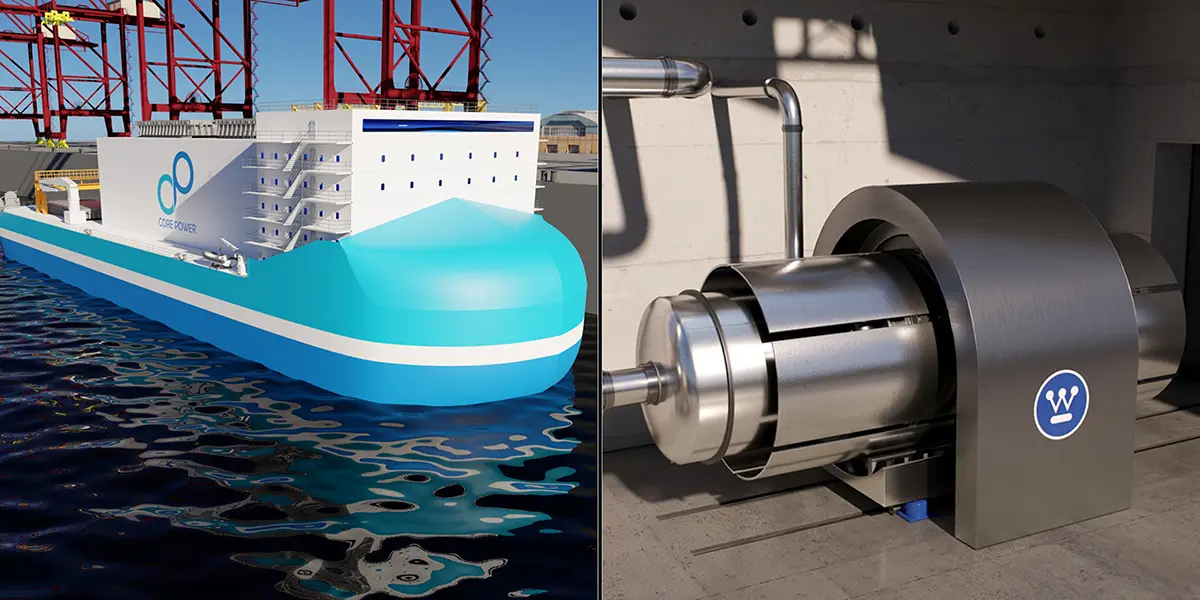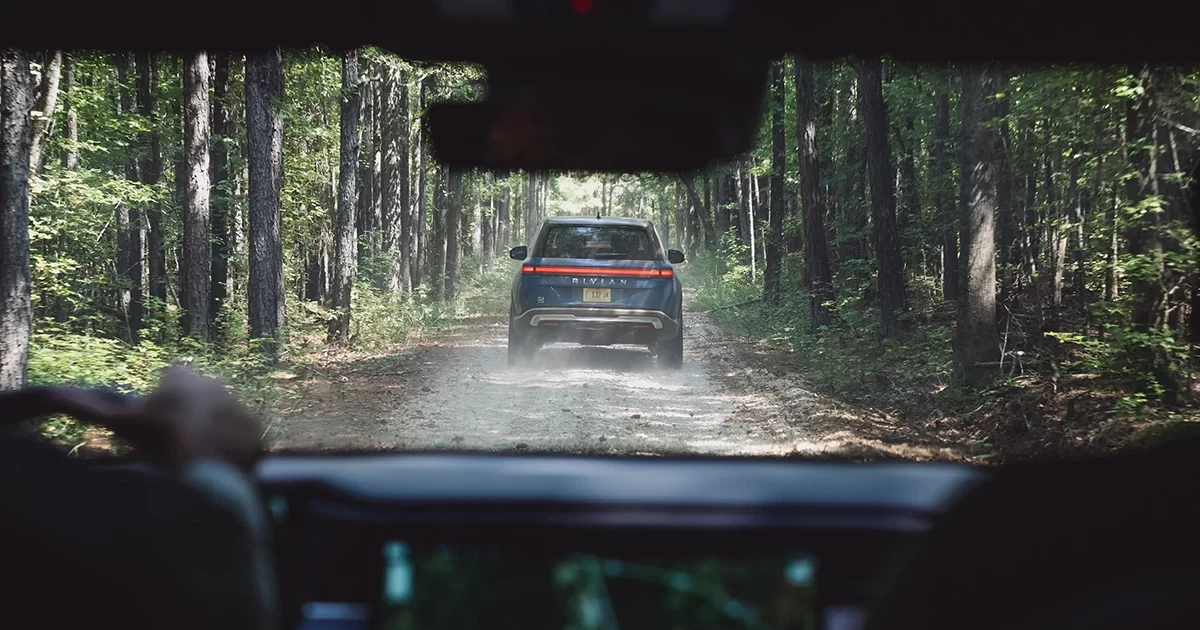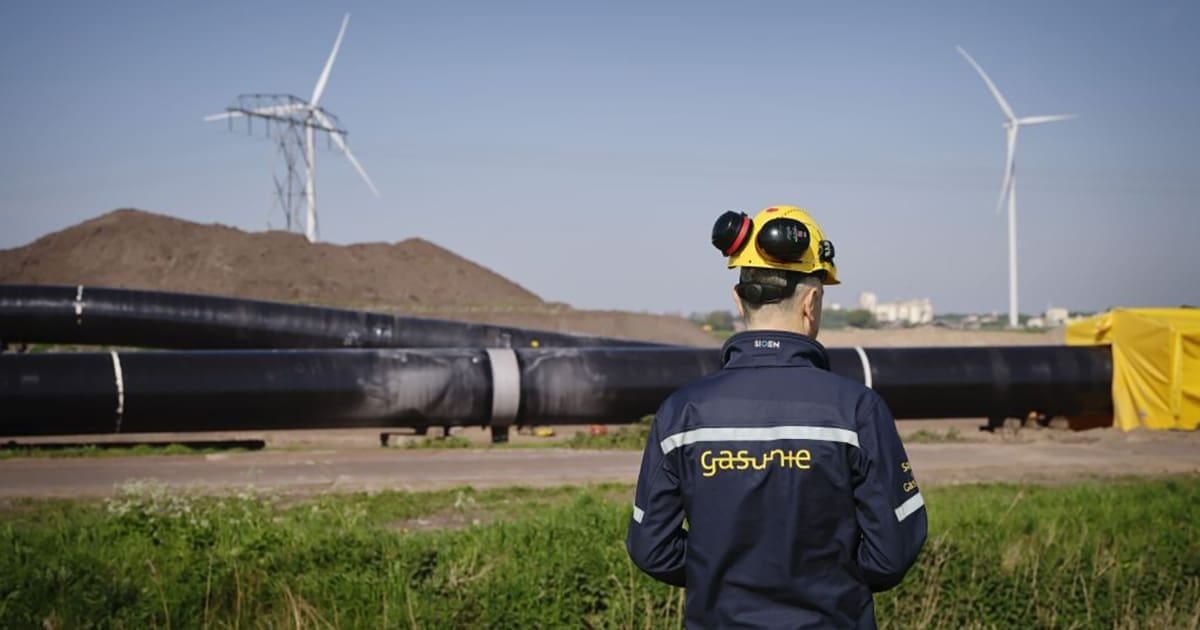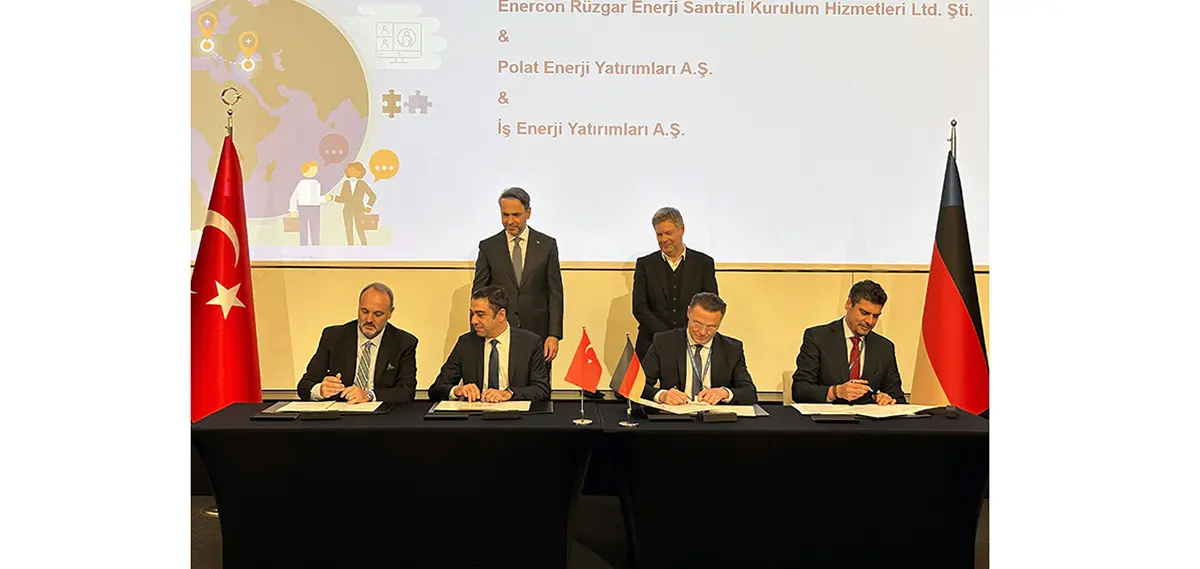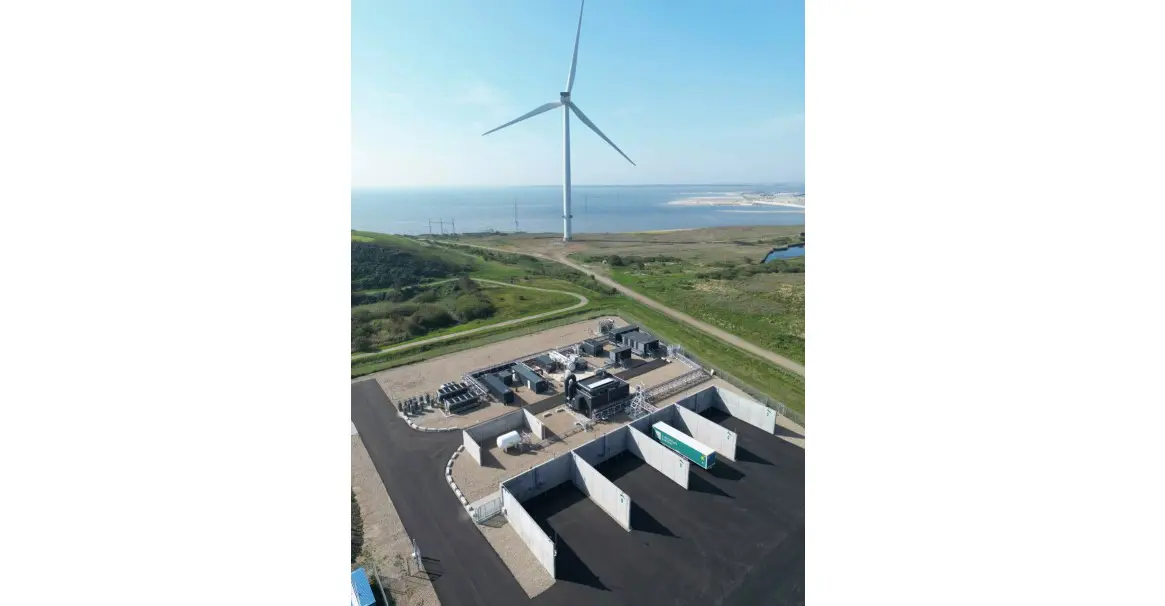
Bridging Knowledge Gaps In Renewable Natural Gas
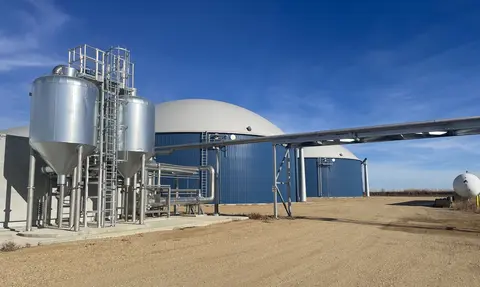
This article was written by Dylan Chase.
Changing someone’s mind is a difficult thing to do. Most people know what they know, and their long-held opinions are entrenched by life experiences, education, and popular culture. Add in the impact of social media, which serves as an echo chamber for our pre-existing beliefs, and it’s perhaps never been harder to convince people that what they know just isn’t so.
It is for this reason that direct engagement with the “other side” of a debate has never been more important. RNG Coalition’s communications staff recently sponsored and attended the Society of Environmental Journalists (SEJ) annual conference in Philadelphia. The annual SEJ conference brings together climate journalists and environmental justice advocates from across the country — providing us with a chance to closely engage with folks who have diverse ideas about how best to decarbonize our society.
Renewable natural gas (RNG) has long been upheld by the US Environmental Protection Agency, the Intergovernmental Panel on Climate Change, and many reputable universities as an environmentally and economically sound means of reducing greenhouse gas emissions. Accordingly, RNG facility numbers have risen from around 30 at the time of RNG Coalition’s formation in 2011, to 338 operating facilities today. But some people — especially those who reflexively oppose anything less than an immediate and practically challenging shift to electrification — have been resistant to recognize our industry’s low-carbon bona fides.
Our staff understood that some of this contingent would be present at the SEJ conference, allowing us to educate on how RNG can simultaneously reduce methane emissions from organic waste and displace fossil fuels in our energy system.
Understanding The Landscape: Survey Findings
Our intention in Philadelphia was to do more than just talk — we also wanted to take this opportunity to learn what, exactly, climate influencers thought about RNG.
With this goal in mind, we issued a survey to attendees gauging their understanding of RNG. The survey results were enlightening, revealing significant gaps in knowledge among attendees:
- RNG Awareness: A striking 60% of respondents indicated that they had no familiarity or only partial familiarity with RNG. This lack of awareness underscores the need for comprehensive education and outreach efforts to inform stakeholders about the benefits and potential of RNG.
- Biomethane Awareness: Similarly, 68% of respondents reported limited or no familiarity with biomethane. This hints at very little awareness in this cohort of how RNG (known as biomethane internationally) is helping to decarbonize other regions, including Europe, which is looking to increase biomethane use twelvefold by 2030.
- LCFS/CFS Perceptions: Encouragingly, 70% of respondents believe that Low Carbon Fuel Standard (LCFS) and Clean Fuel Standard (CFS) programs have a significant role to play in the energy transition. This positive perception aligns with RNG Coalition’s advocacy for these programs as essential tools for reducing emissions and promoting sustainable energy solutions, and hints at broad support for clean fuels.
The Importance Of Engagement And Education
The findings from the SEJ conference survey underscore a critical need for ongoing engagement and education within the environmental journalism and advocacy communities. By sponsoring and participating in events like the SEJ conference, RNG Coalition is taking proactive steps to bridge these knowledge gaps. Engaging directly with journalists and advocates allows us to provide accurate, science-based information and counteract misinformation. This, in turn, empowers these influencers to better inform the public and policymakers about the benefits and feasibility of RNG.
Changing someone’s mind may be a difficult thing to do — but it is only by extending a hand and working together that you can truly get a sense of how to win support for your cause. If you do that, you may just find that the “other side” isn’t really against you at all — they just haven’t yet taken the time to understand your story.
With climate change necessitating practical and immediate solutions that can decarbonize society today, it is up to all of us to help tell the story of emerging technologies like RNG. By fostering informed dialogue and collaboration, we can drive meaningful progress toward a sustainable and low-carbon future.

